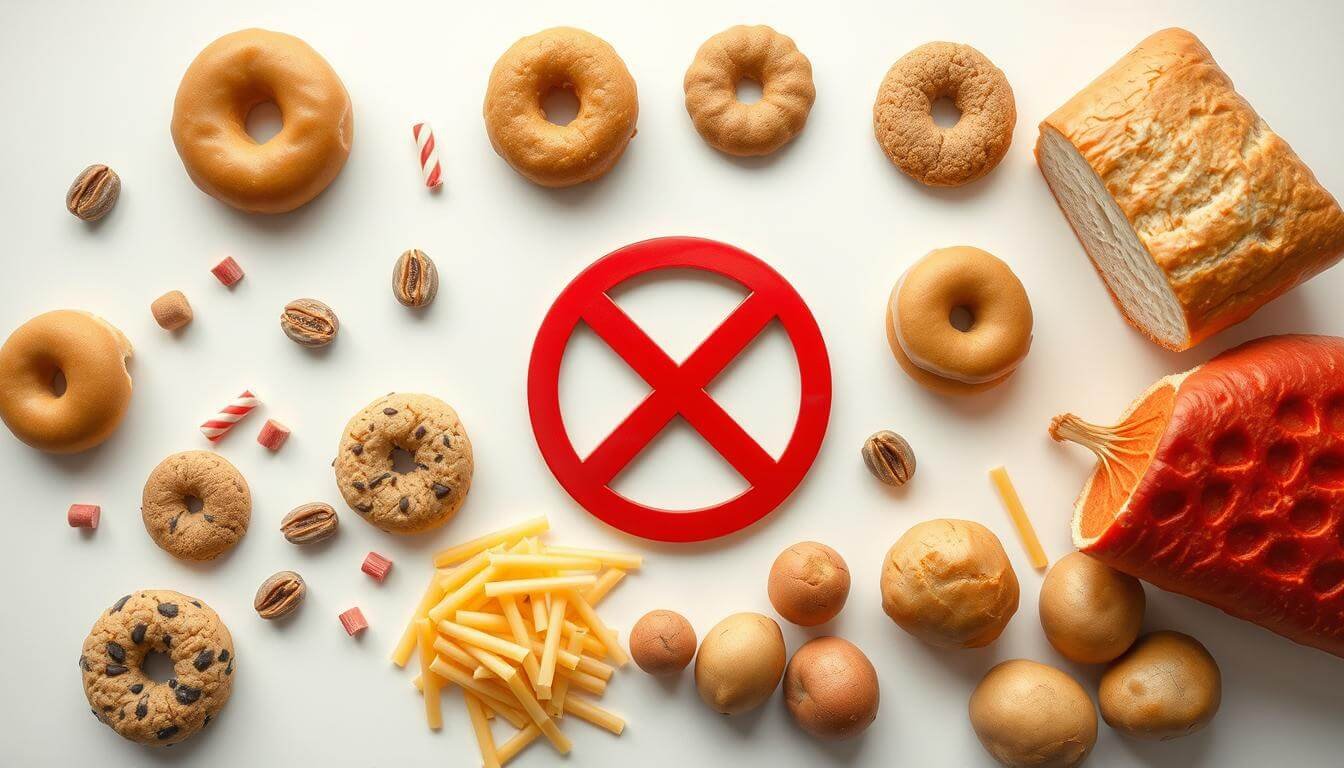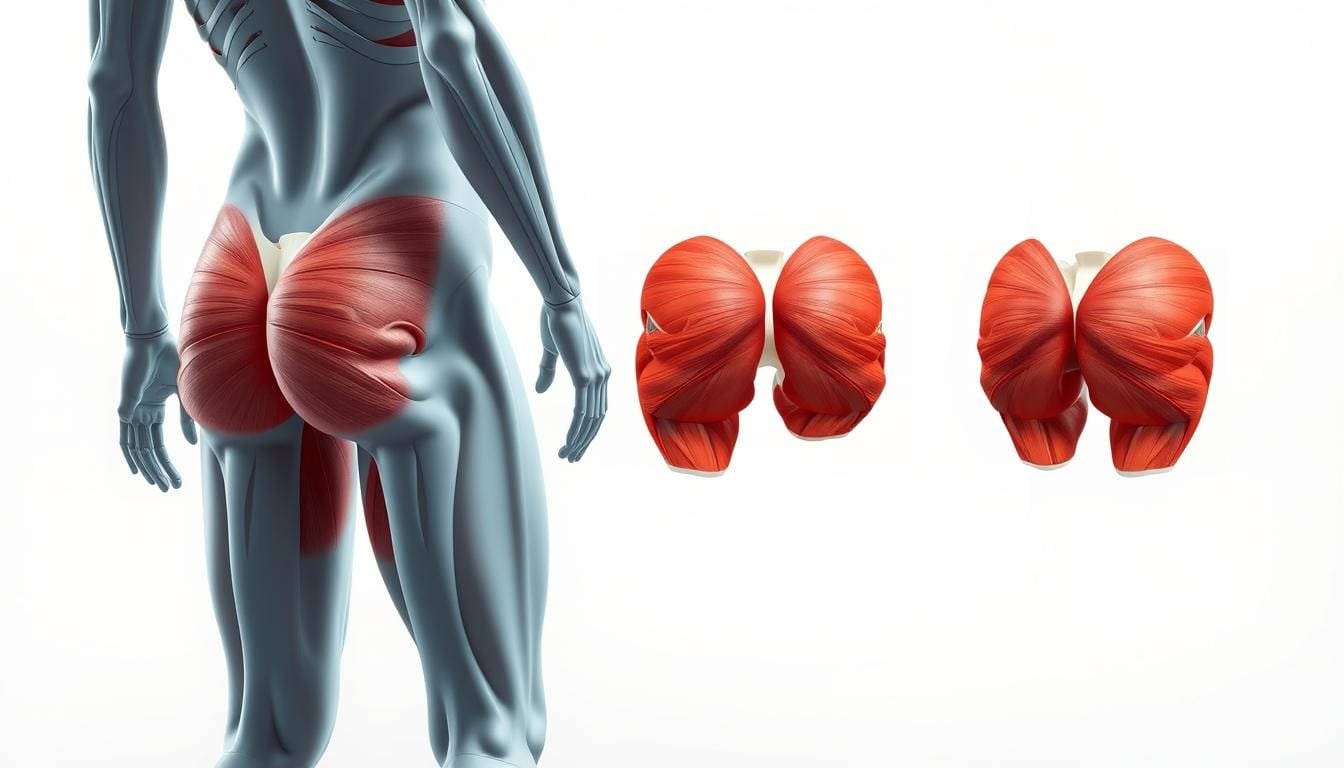Sarah stared at the jar of white, solid substance on her friend’s kitchen counter. “What’s this for?” she asked, curious about the tropical-scented product. Her friend smiled, explaining how this versatile ingredient had transformed her cooking and self-care routine—real, everyday examples of coconut oil health benefits. From sautéing vegetables to moisturizing skin, this single jar seemed to do it all.
Like Sarah, many people are discovering the remarkable properties of this tropical treasure. As interest in coconut oil health benefits grows, it’s easy to see why this natural product has captured attention. With over 1,500 scientific studies examining its effects, conversations about coconut oil health benefits continue to expand. The unique composition sets it apart from other cooking fats, offering distinct advantages that researchers continue to explore.






